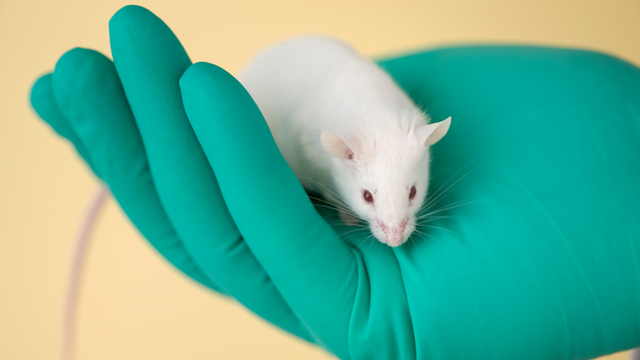
The findings have implications for all aspects of medical and scientific research because laboratory mice underpin studies whose results have a transformative effect on human and animal lives through vaccination and other immune-based therapies.
Professor Mark Viney and colleagues from the University of Bristol and the London School of Hygiene & Tropical Medicine studied the immune systems of 460 wild mice taken from 12 sites in the UK and compared them with mice bred in captivity.
The study found that these two groups of mice have major differences in their immune make-up. The wild mice had highly-activated immune systems, most likely because they are more exposed to infections. The wild mice also tightly control their responses to new infections, probably to prevent immune-mediated disease.
In 62 immunological measures, 57 differed between wild and laboratory mice. Importantly, the researchers showed that wild mice have more highly-activated myeloid cells—bone marrow cells that initiate immune responses.
Professor Viney from Bristol's School of Biological Sciences said: "It's remarkable that despite the enormous number of studies of laboratory mice, ours is the first in-depth study of wild mice immune systems. What this shows is that wild mouse immune systems are working at 'warp-speed', compared with their lab cousins."
"These results point to us having to be much more cautious in extrapolating from the lab to the wild, but laboratory mouse models will continue to be hugely important in biological and biomedical research."
The study is published today (May 3) in Nature Communications.












